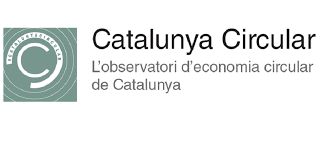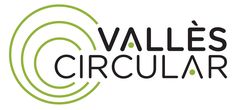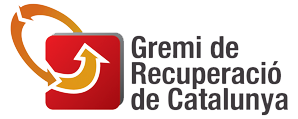The Food Bank Foundation of Barcelona is an organisation characterized by receiving food donations and classifying them into lots prepared for each of the recipient entities that attend the final beneficiaries. Its main function is to recover all the food that is not marketable, but consumable, and distribute it among the people who need it. This activity is carried out free of charge. It applies food security and fair distribution security through recognized charities entities, providing transparency during the distribution, by contributing to sustainability and waste prevention. The participation of companies allows to consolidate the social value of the product and the company itself, allows to control the traceability of the unsold and to avoid the generation of 4.5 tons of CO2 per ton of food destroyed. The activity also represents economic and administrative advantages:
- 35% of tax deductions on the value of food provided on the benefit tax.
- Avoid high costs for food disposal.
Nowadays there is a network that enhances the autonomy of each bank in its local area. Globally, there is the Global Network of Food Banks, which brings together all the Food Banks located in different continents. At the European level, the FEBA (European Federation of Food Banks) was set up in 1986 in France and Belgium. It comprises 265 banks in 21 countries, collecting 411 million kilos of food to serve 5,900,000 people in 2014. In Spain there are food banks in all provinces. Hence, since 1996 the creation of FESBAL (Spanish Federation of food banks) has been promoted in order to coordinate and facilitate relationships between the central and international government agencies, as well as with other non-profit entities and companies. According to the data collected in 2014, FESBAL represents 55 banks distributed throughout the territory collecting 146,000,000 kilos of food to serve 1,681,775 people.
With regard to Catalonia, four centres have been established (Barcelona, Girona, Lleida and Reus). According to the data from 2014, they receive about 3,000 tonnes of not expired food per year from the food industry. The food collected can serve 253,000 people and the products can be dried, refrigerated or frozen, seasonal products or surplus out of season that have suffered multiple problems of unpaid, surplus in the chain of production, problems of logistics or commerce and which must be managed as waste. In order to avoid their disposal in landfills or incineration plants, one of the solutions is to manage this waste as by-product. An example can be explored looking at Starlux, SA (currently UNILEVER), that pioneered this activity. This company in the early XXI century developed a sustainable commercial strategy, achieving a reduction of the total amount of waste by 97% in weight of the production since 2008. It also achieved a 99% elimination of the use of PVC, applying a recycling and a reduction of the use of the packaging and paper.
Residual feeding stuffs managed by means of by-products of the Catalan regulatory framework are included in CER codes: 0202, 0203, 0205, 0205 and 0207 under the heading where they are listed as agricultural, horticultural, aquaculture, forestry, hunting and fishing waste and food preparation and processing.







